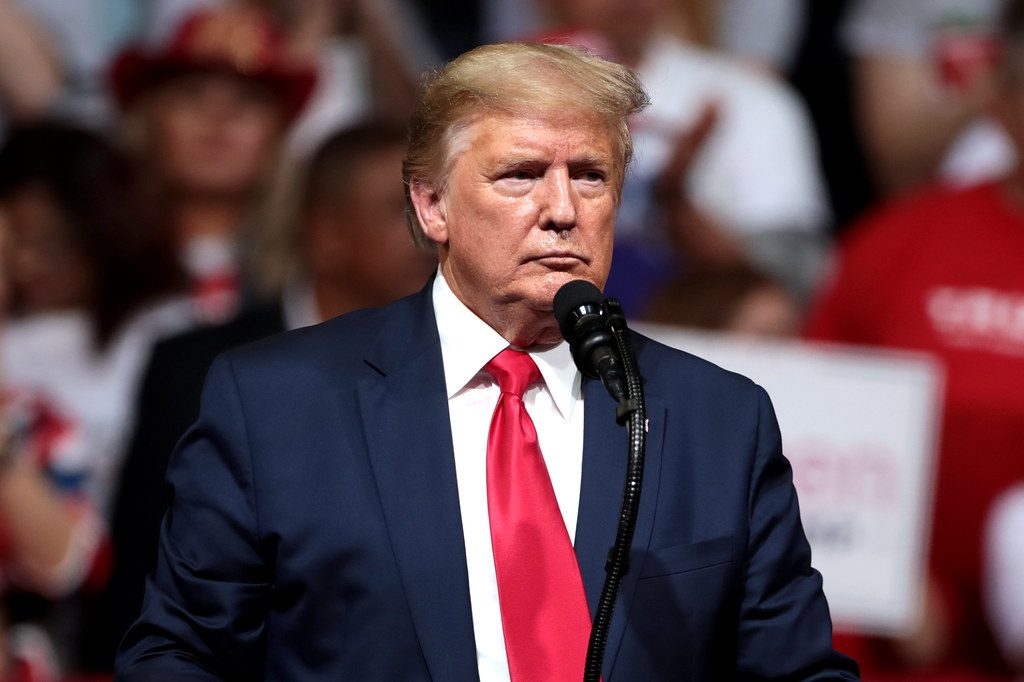The United States faces a major financial challenge as the Supreme Court considers the legality of President Donald Trump’s import tariffs, known as “reciprocal tariffs.” These duties have generated tens of billions in revenue, but recent court rulings threaten to overturn them, potentially requiring refunds of up to $1 trillion.
Treasury Secretary Scott Bessent warned the Supreme Court that refunds could range from $750 billion to $1 trillion. This includes over $72 billion already collected by U.S. Customs and projected collections through mid-2026. He cautioned that repealing the tariffs might cause economic disruption.
The Trump administration has asked the Supreme Court for a swift ruling to minimise potential refund costs. Although tariff refunds are not unprecedented—limited refunds were granted on some China-targeted tariffs under President Biden—the scale here would be historic.
Bessent expressed confidence the tariffs will be upheld but admitted that if refunds are required, “we’d have to do it,” calling the situation “terrible.”

Two appeals courts ruled Trump exceeded his authority by using the International Emergency Economic Powers Act to impose tariffs on most trading partners.
Solicitor General D. John Sauer emphasised the stakes in the Supreme Court petition, quoting the president stating, “With tariffs, we are a rich nation; without tariffs, we are a poor nation.” The petition warned that forced repayment would have “ruinous” economic effects.
No ruling date has been set, but legal experts believe a decision could come by year-end. Importers may have to file claims to recover tariff payments, and industry specialists urge meticulous record-keeping, anticipating a complicated refund process.
Some importers are reportedly selling their potential refund rights to third parties at discounted rates, speculating on a Supreme Court reversal.
The White House has declined to comment.












